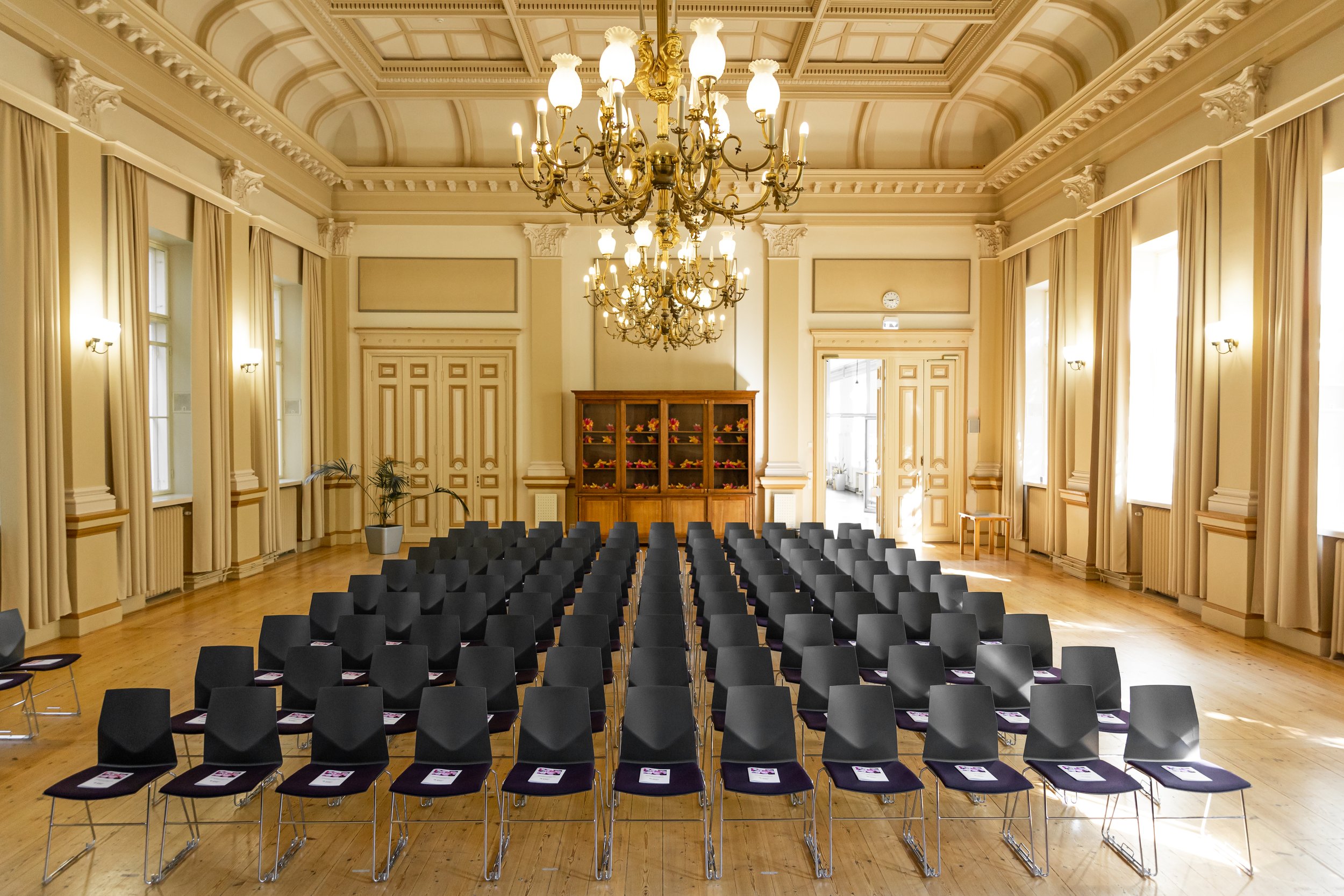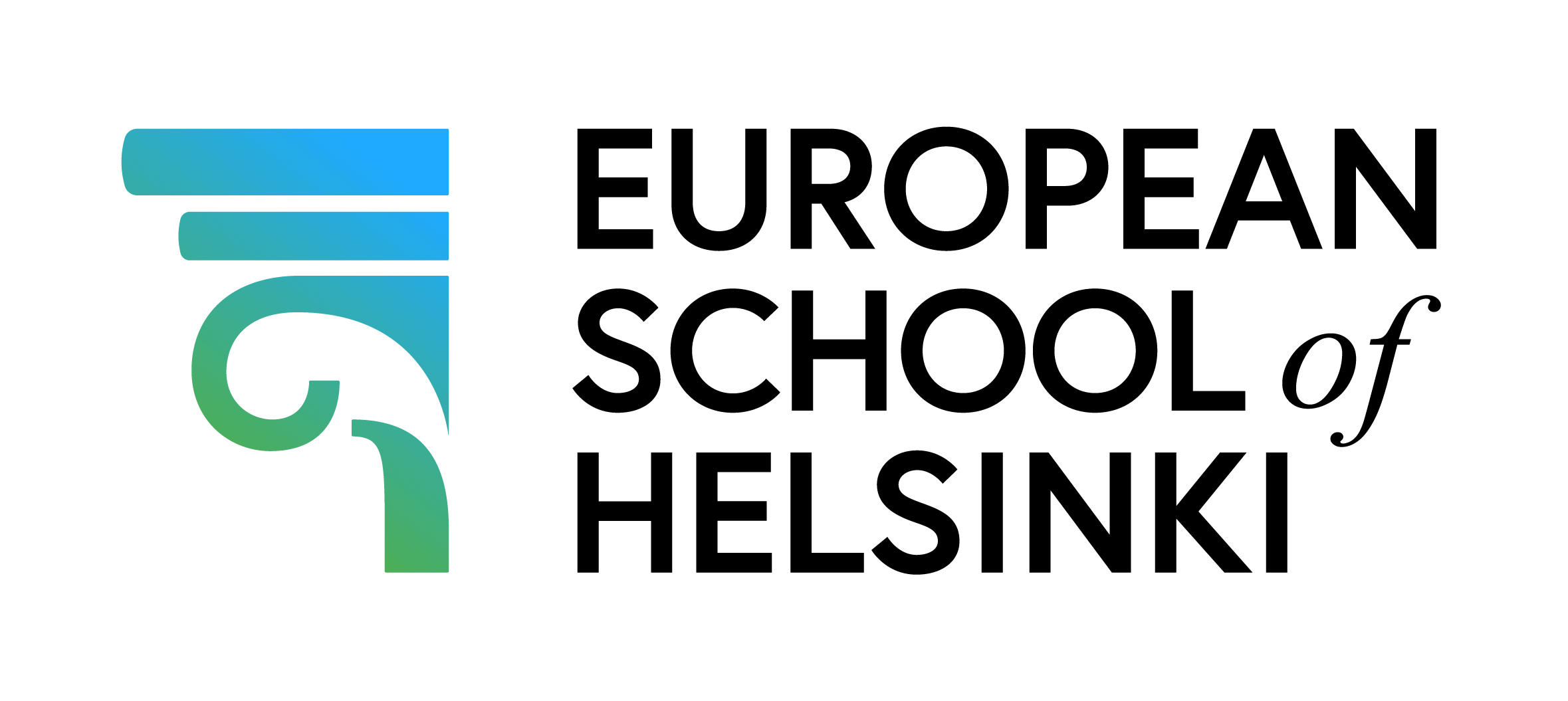
Library
The school library system ‘Welib’ can be accessed via the link below.
WILMA
Wilma is used by students to check grades, read announcements and communicate with teachers. Teachers can grade students, register absences and update personal information. Teachers can also communicate with students and guardians. Guardians can see and clear absences, communicate with teachers, and read announcements.
lunch & snack
All students are invoiced morning snack and lunch. Afternoon snacks are invoiced from nursery and primary students for after-school activity days and guardians can also subscibe a snack for fixed weekdays. Secondary students can buy snacks from the canteen themselves. The menus are published on the provider’s website, which can be accessed via the button below.
Booklists
A list of books that parents are required to purchase for their children is published each year. The current booklists can be accessed via these links.
student welfare
The student welfare team is comprised of several members of staff, each with their own specialism and responsibility.
Pupil Welfare coordinator is a contact person of the pupil welfare matters in Nursery and Primary and Secondary with colleagues, parents and management. He/she keeps the records of the Pupil Welfare matters. Pupil Welfare coordinator supports colleagues and co-operates in finding intervention and new teaching methods.
The school nurse serves as the health care professional for the school community. The nurse treats accidents and injuries as well as cares for unexpected illnesses among the students. Health assessments are conducted annually with each student to ensure their capability for learning. Counseling in health issues and first aid training for staff and students are included in the duties of the ESH school nurse. The school nurse also co-operates with other health care professionals in the community, and is also the link to family members regarding health awareness and prevention of health care issues.
The school counselor assists and supports pupils and their families by means of social work. The school counselor can be contacted when a child or adolescent has problems with going to school or with peers and when changes in his/her life situation affect school. Parents can also discuss matters related to the family with the school counselor. Problems can be solved with parents and with adults of the school. If necessary, schools work with child welfare authorities, family clinics and health care authorities. School counselor can be contacted by pupils themselves, guardians and teachers.
The school psychologist helps pupils succeed scholastically, socially, behaviorally and emotionally. Thus, the school psychologist collaborates with pupils, school staff, parents and professionals to find the best solution for each pupil and situation. The school psychologist also provides psychological counseling for children and families.
The special needs teacher (SEN teacher) is responsible for giving intensified support and individual teaching, he or she consults with the class/subject teachers, participates in writing ILP:s and is part of the school’s welfare group.
The SEN teacher in ESH works with pupils in all age groups (nursery-secondary) in all the language sections (Finnish, English, French). Those referred to the SEN teacher are mostly students with language/communication problems, difficulties in mathematics, or minor speech difficulties. Usually the student can have 1-2 lessons per week with the SEN teacher, either one-to-one or in a smaller group (2-4 students). Emphasis is put on P1-2, especially phonics/learning to read and basic mathematical skills, because they will be the foundation for everything that follows.
The SEN teacher will work with SEN students according to the individual needs of the students, in agreement with the parents and the teacher. Support forms will be decided on a case by case basis.
After school activities
The school organizes after-school activities every day until 5.30 pm. The after-school staff are well qualified, with great expertise in their different subjects, and well trained in how to teach/guide students. The activities are funded by the parents. More information can be found via these links.
ESH Times
We have issued our school magazine, The ESH Times, since 2013. A school magazine offers students, parents and the staff a broader perspective on life at school.
Parents Association
ESHPA is an active and important partner of the ESH school community. ESHPA fosters open communication and provides a medium through which parents can participate in, and support the work of the school while becoming genuine partners in the decisions that affect children and families.
antibullying program
KiVa is a research-based antibullying program that has been developed in the University of Turku. The program has been shown to reduce both self- and peer-reported bullying and victimisation significantly. It influences multiple forms of victimisation, including verbal, social, physical and cyber bullying. In addition, it has a positive impact on the school environment, students like being in school, there is an improvement in academic motivation and achievement. Kiva also reduces student anxiety and depression.
We are a KiVa School! Contact the KiVa team: kiva@esh.fi









